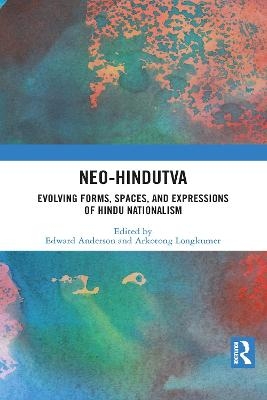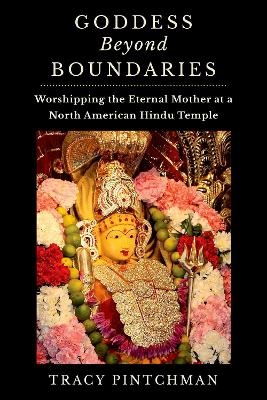
Neo-Hindutva
Routledge (Verlag)
978-1-032-08412-1 (ISBN)
Neo-Hindutva explores the recent proliferation and evolution of Hindu nationalism – the assertive majoritarian, right-wing ideology that is transforming contemporary India.
This volume develops and expands on the idea of ‘neo-Hindutva’ –– Hindu nationalist ideology which is evolving and shifting in new, surprising, and significant ways, requiring a reassessment and reframing of prevailing understandings. The contributors identify and explain the ways in which Hindu nationalism increasingly permeates into new spaces: organisational, territorial, conceptual, rhetorical. The scope of the chapters reflect the diversity of contemporary Hindutva – both in India and beyond – which appears simultaneously brazen but concealed, nebulous and mainstreamed, militant yet normalised. They cover a wide range of topics and places in which one can locate new forms of Hindu nationalism: courts of law, the Northeast, the diaspora, Adivasi (tribal) communities, a powerful yoga guru, and the Internet. The volume also includes an in-depth interview with Christophe Jaffrelot and a postscript by Deepa Reddy.
Helping readers to make sense of contemporary Hindutva, Neo-Hindutva is ideal for scholars of India, Hinduism, Nationalism, and Asian Studies more generally. This book was originally published as a special issue of Contemporary South Asia.
Edward Anderson is the Smuts Research Fellow in Commonwealth Studies at the University of Cambridge. He is based at the Centre of South Asian Studies, in the Department of Politics and International Studies, and at Trinity College. From October 2019 he will be Senior Postdoctoral Fellow at Ludwig Maximilians University, Munich. Arkotong Longkumer is an Anthropologist who teaches Religious Studies at the University of Edinburgh, Scotland, UK. He is the author of Reform, Identity and Narratives of Belonging: The Heraka Movement of Northeast India (2010). He is currently finishing a book on Hindu nationalism and indigenous peoples in Northeast India.
1. Introduction: ‘Neo-Hindutva’: evolving forms, spaces, and expressions of Hindu nationalism Edward Anderson and Arkotong Longkumer 2. ‘Court’ing Hindu nationalism: law and the rise of modern Hindutva Saumya Saxena 3. ‘Nagas can’t sit lotus style’: Baba Ramdev, Patanjali, and Neo-Hindutva Arkotong Longkumer 4. Awakening Hindu nationalism through yoga: Swami Ramdev and the Bharat Swabhiman movement Bhuvi Gupta and Jacob Copeman 5. Authority, ethics and service (seva) amongst Hindu nationalists in India’s assertive margins Ketan Alder 6. Neo-Hindutva affective economies: feelings of pride and offense among Surinamese Hindus in the Netherlands Priya Swamy 7. Enterprise Hindutva and social media in urban India Sahana Udupa 8. Hindu nationalism and the ‘saffronisation of the public sphere’: an interview with Christophe Jaffrelot Edward Anderson and Christophe Jaffrelot 9. What is neo- about neo-Hindutva? Deepa S. Reddy
| Erscheinungsdatum | 01.07.2021 |
|---|---|
| Verlagsort | London |
| Sprache | englisch |
| Maße | 174 x 246 mm |
| Gewicht | 299 g |
| Themenwelt | Geisteswissenschaften ► Philosophie |
| Geisteswissenschaften ► Religion / Theologie ► Hinduismus | |
| Naturwissenschaften ► Geowissenschaften ► Geografie / Kartografie | |
| Sozialwissenschaften ► Politik / Verwaltung ► Politische Systeme | |
| Sozialwissenschaften ► Politik / Verwaltung ► Politische Theorie | |
| Sozialwissenschaften ► Soziologie ► Spezielle Soziologien | |
| ISBN-10 | 1-032-08412-X / 103208412X |
| ISBN-13 | 978-1-032-08412-1 / 9781032084121 |
| Zustand | Neuware |
| Haben Sie eine Frage zum Produkt? |
aus dem Bereich


